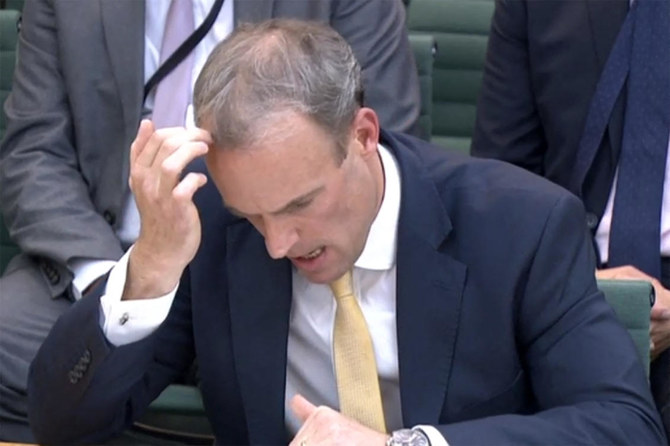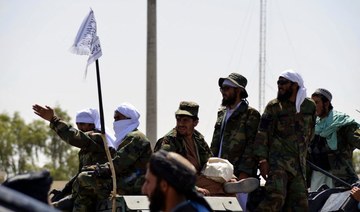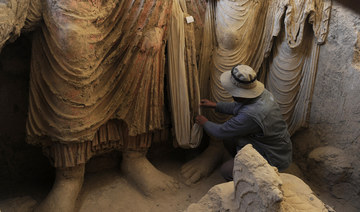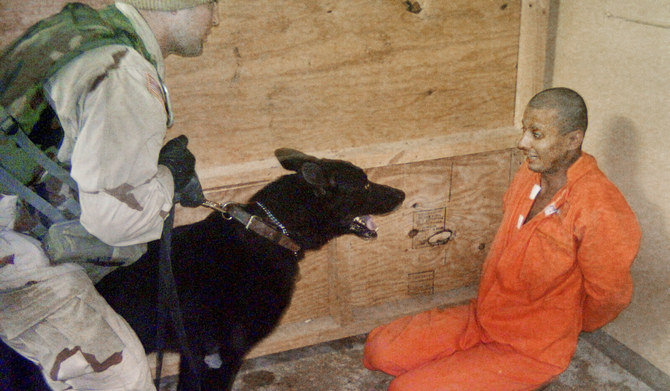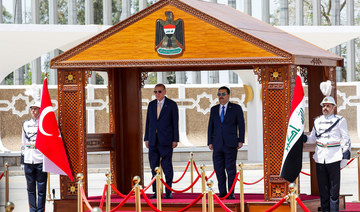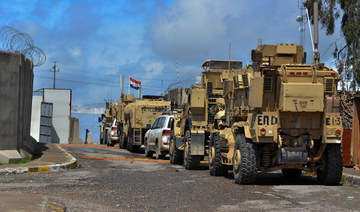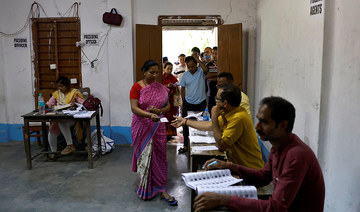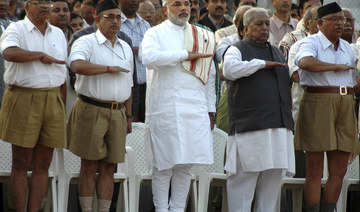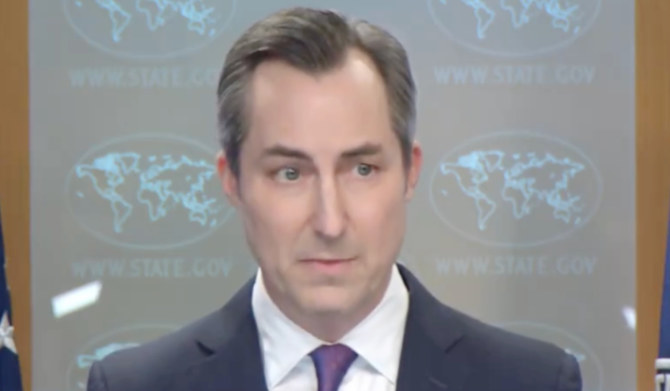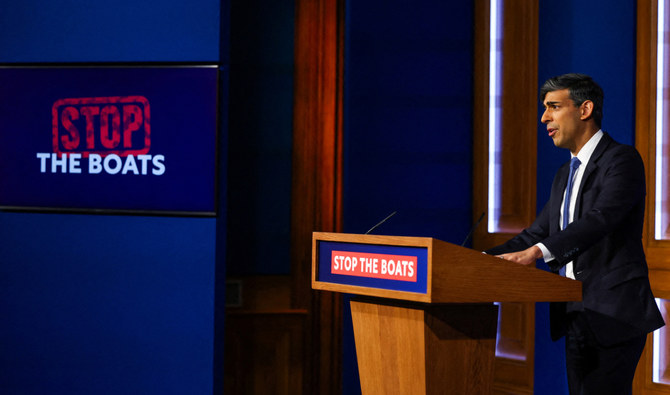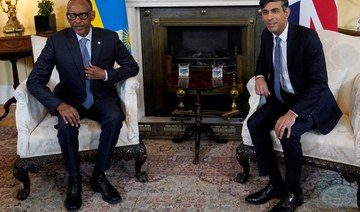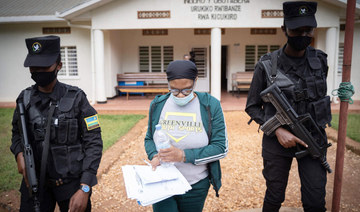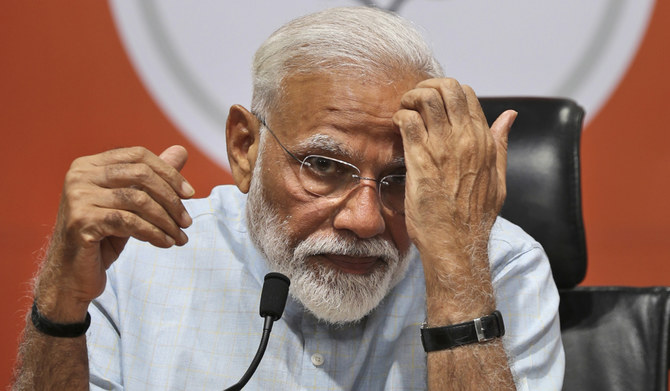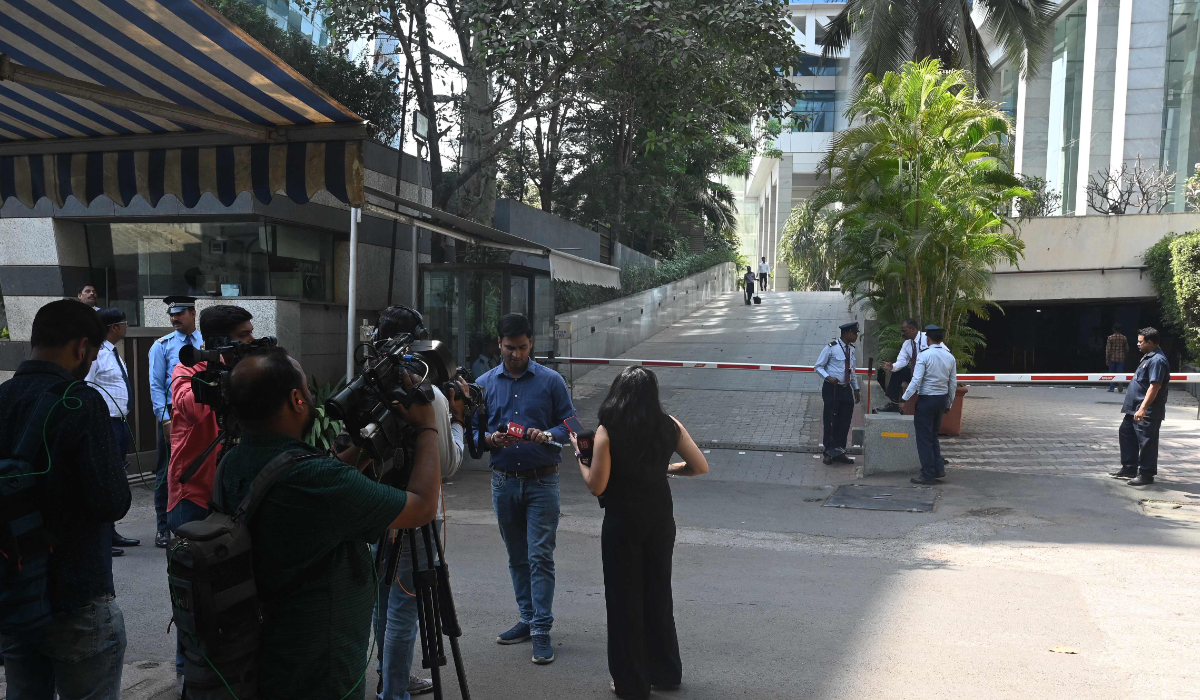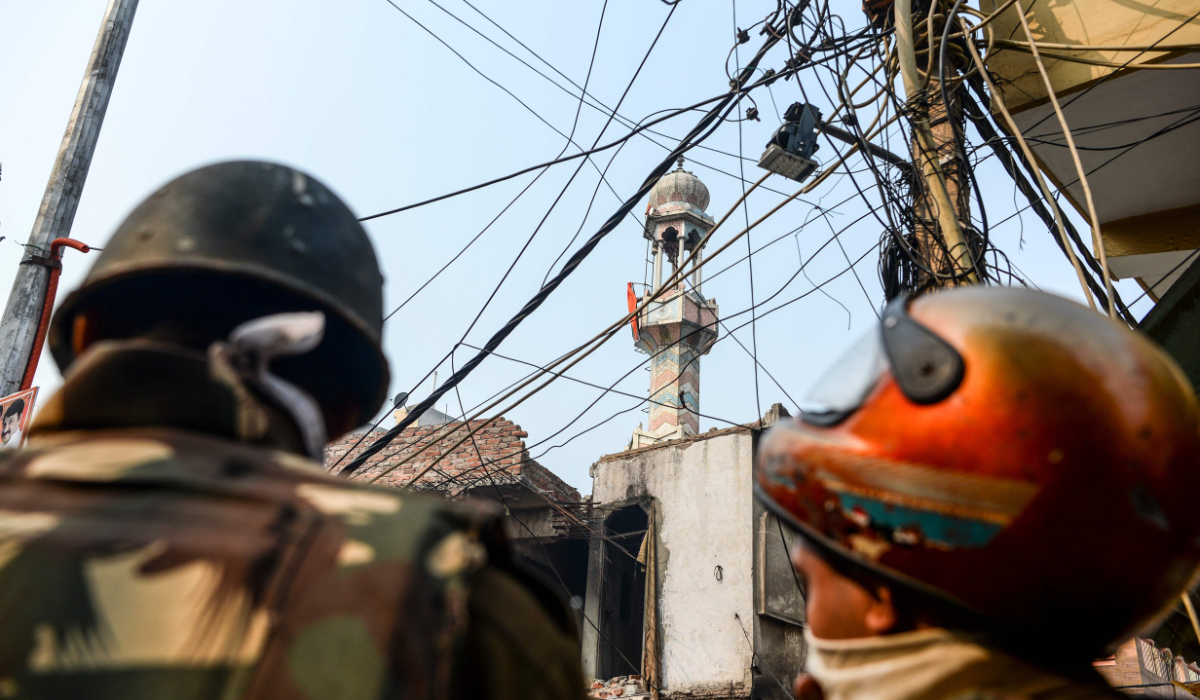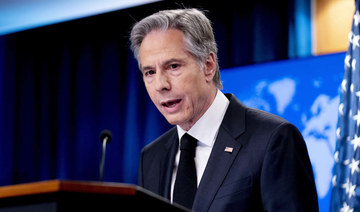LONDON: UK Foreign Secretary Dominic Raab was heading to the region around Afghanistan on Wednesday in a push to rescue stranded British citizens and Afghan allies, amid strong criticism of the government’s rushed and chaotic evacuation effort.
Raab did not provide any details, citing security reasons, but he is expected to visit Pakistan for talks on establishing routes out of Afghanistan through third countries.
A senior British official, Simon Gass, already traveled to Qatar to meet with Taliban representatives for talks about allowing people to leave Afghanistan.
Britain says it evacuated more than 15,000 UK citizens and vulnerable Afghans from Kabul during a two-week August airlift that Defense Secretary Ben Wallace has called “Dunkirk by WhatsApp.”
But Wallace also said that as many as 1,100 Afghans who were entitled to come to the UK were left behind. Raab said those who weren’t evacuated included guards from the now-abandoned British Embassy in Kabul.
“We wanted to get some of those embassy guards through, but the buses arranged to collect them, to take them to the airport, were not given permission to enter,” he told lawmakers on Parliament’s Foreign Affairs Committee.
Raab put the number of UK nationals still in Afghanistan in the “low- to mid-hundreds.”
Opinion
This section contains relevant reference points, placed in (Opinion field)
The United States and other nations were caught off-guard by the Taliban’s swift conquest of Afghanistan, having failed to predict how quickly the Western-backed Afghan government would collapse once NATO troops began to depart.
Opposition politicians excoriated Raab for failing to cut short a vacation in Greece as the Taliban advanced on Kabul. He returned to London only after the Afghan capital fell on Aug. 15.
Raab said the intelligence had suggested the most likely scenario after Western troops withdrew was a “steady deterioration” and “it was unlikely Kabul would fall this year.”
“That’s something that was widely shared, that view, among NATO allies,” Raab said.
He rejected a claim by Conservative lawmaker Tom Tugendhat that the Afghan collapse was “the single biggest foreign policy disaster the UK has faced since Suez.” A failed 1956 attempt by Israel, Britain and France to seize the newly nationalized Suez Canal from Egypt is often seen as a symbol of post-imperial Britain’s declining power.
“I am afraid I struggle with the Suez analogy,” Raab said. “But I understand what you are really searching for is to learn the lessons and even more generally find a path forward for Afghanistan.”




